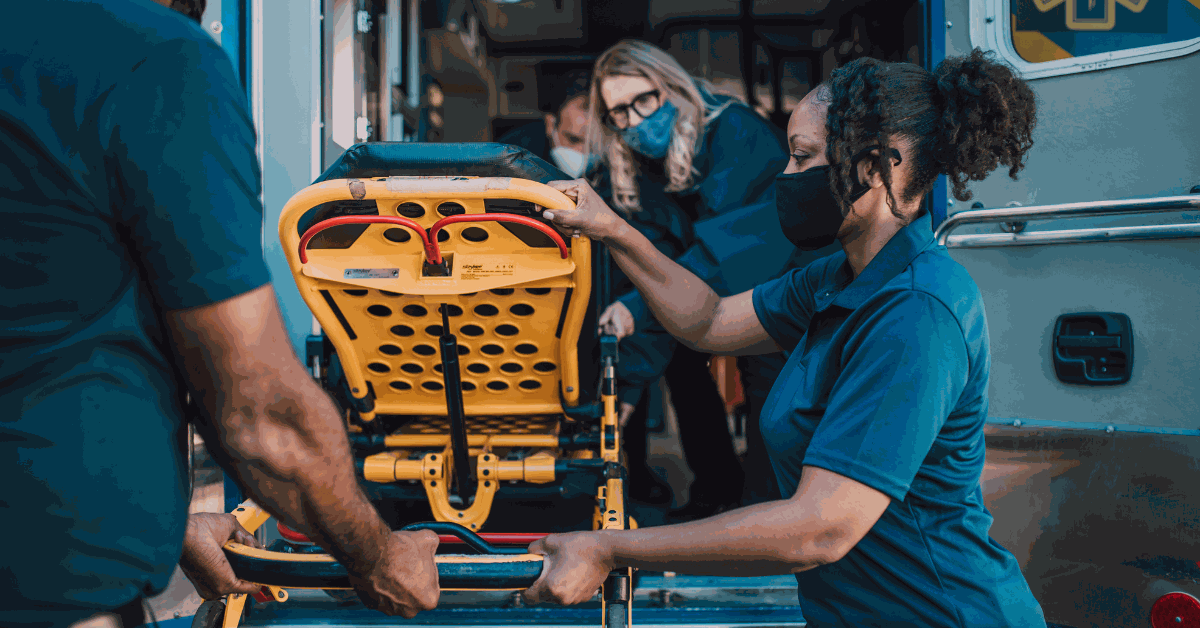Juror biases are unavoidable. Attitudes, beliefs, experiences, and personality types are all various factors that influence a juror’s decision-making. Exploratory litigation research, such as focus groups, can uncover invaluable information critical for achieving superior litigation outcomes.
This valuable data can help defense attorneys drive critical settlement negotiations and trial strategy decisions, resulting in better financial outcomes. At Courtroom Sciences, our scientifically-valid research delivers invaluable insights, eliminating guesswork, and avoiding nuclear outcomes.
What are some ways exploratory litigation research, or focus groups, support your litigation approach?
Exploratory litigation research can help defense attorneys as they work to develop their case narratives. This may involve evaluating case themes and evidence, ascertaining witness credibility, selecting the right corporate rep, and improving their credibility with jurors.
The Narrative Bias Affecting Defense Attorneys
As a trial lawyer, you’re first and foremost a storyteller. Yet defense attorneys are often disadvantaged when developing their narrative with the jury. Due in part to how the media, specifically movies and television programs, tend to portray litigation, plaintiffs often have a narrative advantage early on in the case, even as early as jury selection.
Pop culture tends to rely on a similar narrative for entertainment that involves litigation, namely the David versus Goliath narrative. This happens partly because it’s a compelling storytelling approach that humans have followed throughout history. Individuals tend to relate to the story of the underdog, in most cases the plaintiff, versus the giant, generally portrayed as the defense.
Because of this pervasive narrative, this individual who’s been harmed by some monolith company, it’s a bias that can frequently be found in the jury pool, where the jurors may implicitly want to side with the plaintiff. While the plaintiff gets the opportunity to benefit from this pop culture narrative, on the defense side, defense attorneys often cannot start to develop their narrative until they get to court.
From a psychological perspective, we may refer to this as a cognitive schema. In psychology, a cognitive schema is a mental construct that helps individuals to organize and interpret information. Cognitive schemas are generally formed using information from an individual’s past experiences. For example, the phrase plaintiff juror may conjure up a specific idea or image in the minds of a defense attorney for what a plaintiff juror would look or act like. Movies, television shows, and pop culture elements have given the public this cognitive schema of the big bad corporation that is knowingly and perhaps intentionally hurting people.
Due to this, when jurors come into a trial, they bring these biases with them. By conducting focus groups, defense attorneys can test a particular case’s elements, identify potential problems, and develop strategies and solutions to resolve those problems before the trial begins.
3 Ways Defense Attorneys Can Use Focus Groups to Develop Their Narrative
#1 – Improving Attorney Credibility
As defense attorneys are working to develop their own narrative, they must do it credibly. One key thing that makes for a credible defense presentation is when an attorney chooses to make concessions where concessions are appropriate. Naturally, defense attorneys want to defend their clients to the best of their ability. Still, perhaps some battles are better left un-fought, particularly if they sacrifice an attorney’s credibility with the jury. A focus group may help an attorney pinpoint certain areas where they can offer concessions.
#2 – Ascertaining Witness Credibility
There are generally three key factors that jurors are likely to consider when deciding whether or not they find a witness credible: expertise, objectivity, and communicativeness. Credible witnesses should be able to continue to appear confident, articulate, and non-defensive when being attacked by the attorney on the other side.
Credible witnesses may be particularly important in cases that are heavily science related. A credible expert, who is invested in teaching the journey, can be a great asset in helping to tell your client’s story. Especially in complicated cases, jurors may not come in with much technical knowledge, but they often strive to understand what is being presented to them. They will likely appreciate and find credible an expert who takes the time to teach them and do it in a way they can comprehend. Focus groups are an opportunity to determine how jurors will respond to a witness and if they will find them credible.
#3 – Selecting the Right Corporate Rep
Because a corporate representative is who jurors will see sitting at the defense counsel’s table each day, they are often the face of the company at a trial. Therefore, companies need a strong, knowledgeable, and well-trained corporate witness who can thwart a plaintiff attorney’s attack on the defendant’s policies, procedures, profits, and internal correspondence.
When selecting a corporate representative, a company must ensure they have the right person in that chair. Using a focus group can help defense attorneys review potential candidates more thoroughly, see how they may perform during the trial, and gather feedback to determine the most effective candidate.
At Courtroom Sciences, we know that exploratory litigation research can be instrumental in helping you to drive strategic decisions about your case. Our litigation research and psychology professionals deliver the most predictive research programs, helping you to uncover invaluable information critical for achieving superior litigation outcomes. Speak with one of our experts to get started.
Be confident in achieving superior litigation outcomes. CSI has the expertise, track record, and capabilities to help you win.



